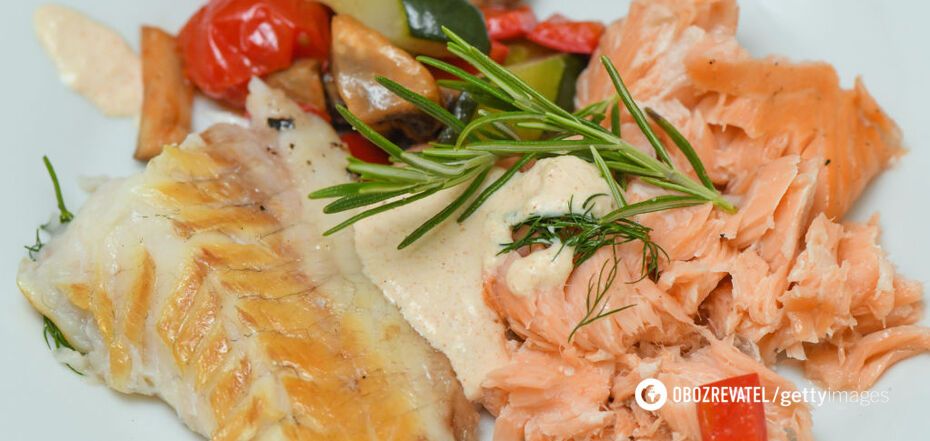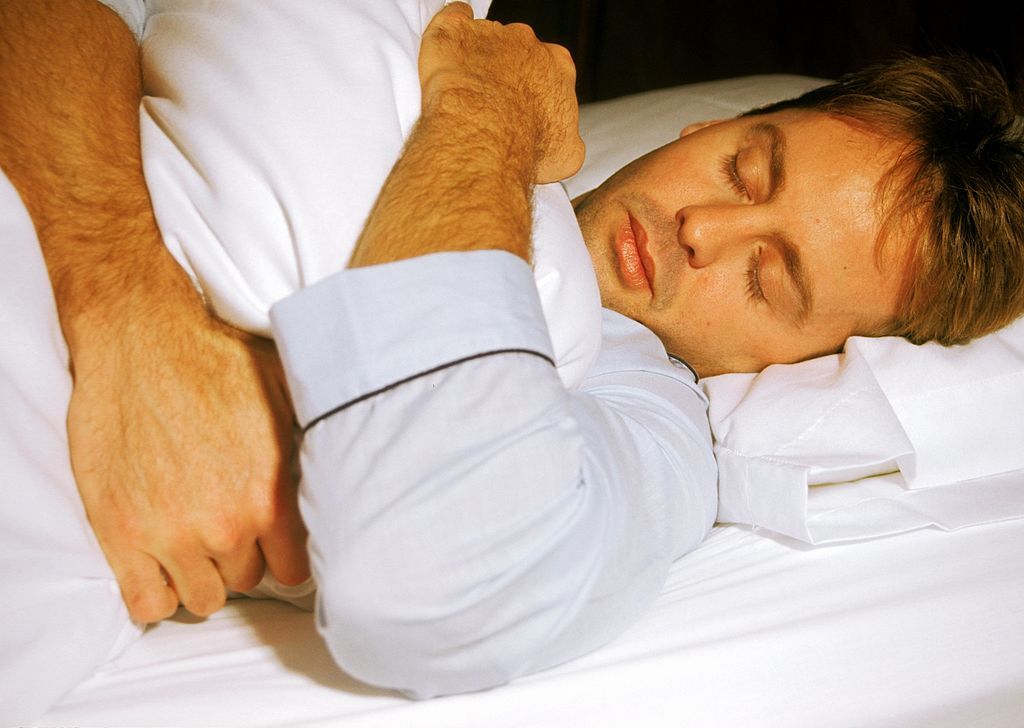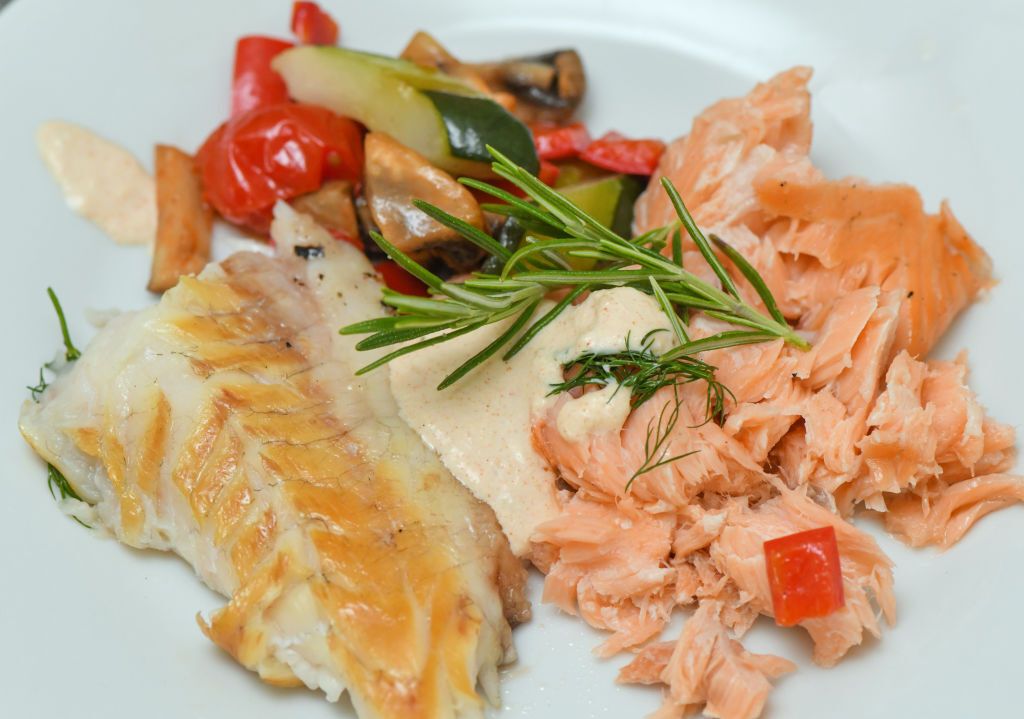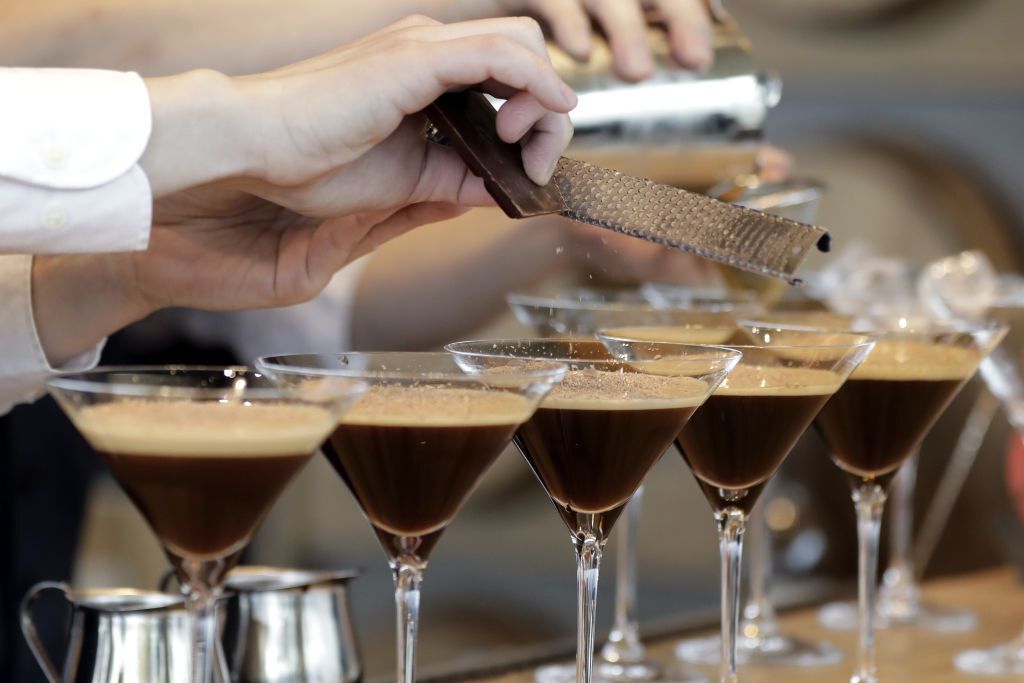LS Food
What foods to eat at night to sleep well
Those who sleep well eat better. Conversely, a growing body of research shows that partial sleep disturbances contribute to weight gain.
While the relationship between obesity and poor sleep quality is now a fact, the existence of a specific diet that contributes to it remains questionable. Of course, the more balanced your diet is, the better you rest at night. However, each person is a different story, and the indications require personalization. La Reppublica turned to an expert for specific recommendations.
"Milk and cereals can promote drowsiness because they are rich in tryptophan, an amino acid involved in the regulation of sleep rhythms. However, for those suffering from gastroesophageal reflux, it would be a good idea to have a tomato paste dish for dinner," explains nutritionist Ellada Sina from the University of Pavia.
OBOZREVATEL invites you to familiarize yourself with her top tips to help improve your sleep.
The first ingredient for good sleep is proportion. Never go to bed with an empty stomach or too full, as both behaviors make it difficult to fall asleep. A light dinner facilitates the digestion process and therefore sleep.
It would be good to prefer simple cooking methods and eat some fatty foods because they slow down the emptying of the stomach.
But salty, sodium-rich foods – found in smoked, canned, and pre-cooked foods – should be limited. Because salt delays falling asleep and increases nighttime awakenings. In turn, this increases the time of superficial rather than deep sleep.
Also beware of foods that contain stimulants, such as coffee, tea, energy drinks, and even chocolate.
When it comes to coffee, research is contradictory. They have different effects related to genetic characteristics that show greater or lesser sensitivity and response to caffeine. However, it is known that coffee drinkers are frequent smokers, and nicotine is undoubtedly the most strongly associated with sleep disturbance in all studies in which participants suffered from insomnia.
Alcoholic beverages deserve a separate chapter. Immediately after drinking, alcohol makes you feel drowsy. However, during the night, it causes restless sleep and premature awakening. In addition, especially in old age, alcohol increases blood pressure in both men and women.
On the other hand, herbal teas and infusions are useful: flowers and leaves of plants such as chamomile, lemon balm, mallow, and hawthorn. They have a calming effect.
As for the timing, you should eat a couple of hours before bedtime and do some light physical activity to help facilitate digestion. A short walk is ideal, but in the current situation, you can limit yourself to home exercises. Finally, the regularity of other meals and their proper distribution throughout the day can also help regulate your biological clock and therefore sleep better.






























